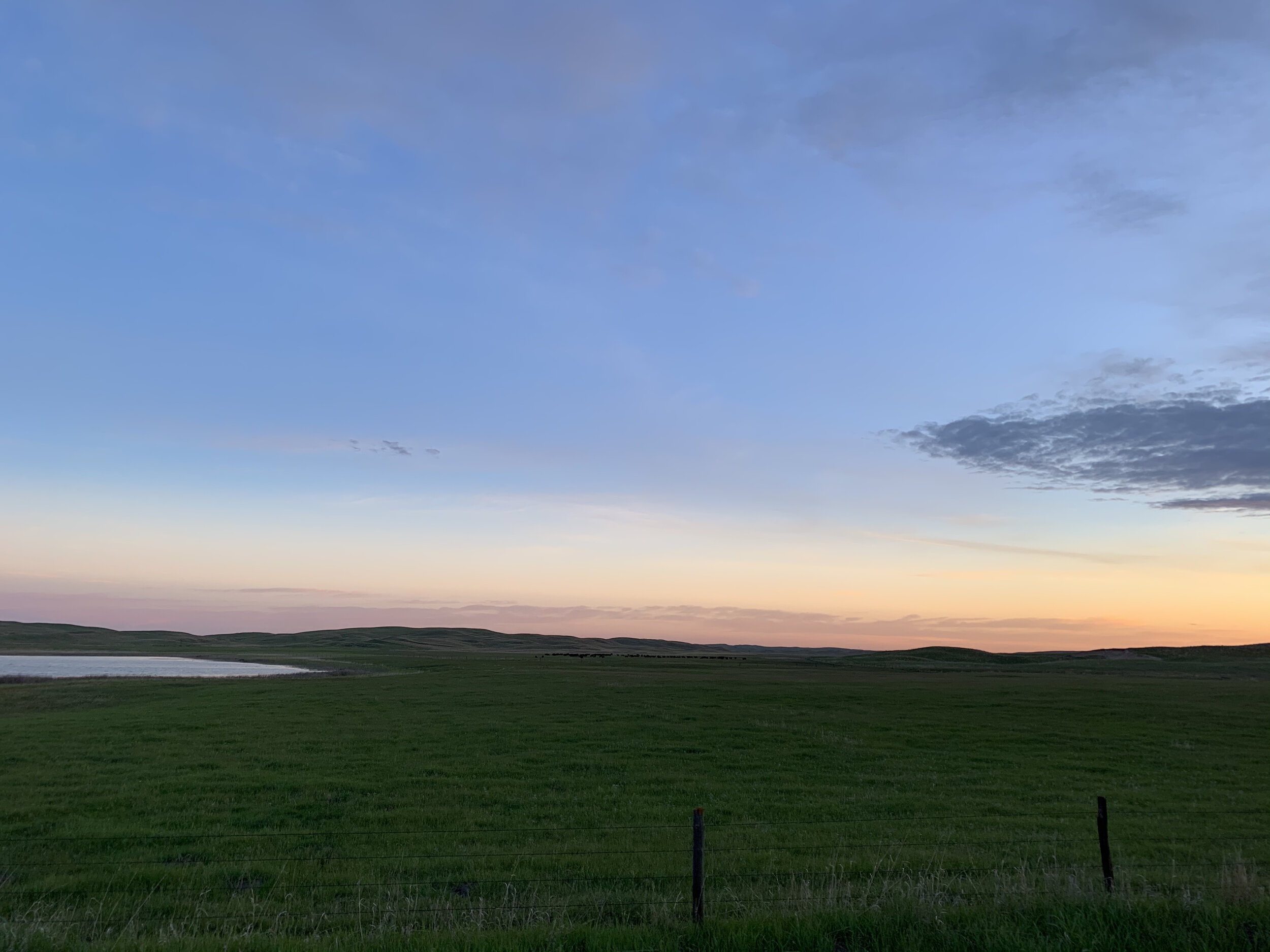The Rural Review
An online journal produced in conjunction with the Rural Reconciliation Project.
The Rural Review publishes digests of important academic contributions, program information, blog-style commentary, and periodic roundups of rural items from across academic disciplines and scholarly media.
Contributions from interested authors are welcome. Find our author guidelines here.
Stern & Tarlock: A “Managed Retreat” Policy for Western Water Rights
In Moving Water: Managed Retreat of Wester Agricultural Water Rights for Instream Flows, authors Stephanie Stern (Arizona Law) and A. Dan Tarlock (Chicago Kent College of Law) discuss the current state of water rights in the West and advocate for a change in federal policy to reallocate Western water rights to address the effects of the “megadrought.”
Eminent Domain: After the Pipeline
Event video of discussion among the Rural Reconciliation Project and friends about rural futures, inspired by an upcoming premier of the Angels Theatre Company’s new play, Eminent Domain.
Maderson & Elsner-Adams: Beekeeping in Rural Contexts
In Beekeeping, stewardship and multispecies care in rural contexts, authors Sibohan Maderson (Department of Geography and Earth Sciences, Aberystwyth University and School of Geography and Planning, Cardiff University) and Emily Elsner-Adams (Lancaster Environment Centre, Lancaster University and Elsner Research and Consulting) examine rural environmental stewardship through the practices of beekeepers in the United Kingdom.
Nilson & Stedman: Reacting to the Rural Burden
In Reacting to the Rural Burden: Understanding Opposition to Utility-Scale Solar Development in Upstate New York, authors Roberta Nilson and Richard C. Stedman (both of the Department of Natural Resources and the Environment, Cornell University) examine the impact of a perceived legacy of exploiting the rural as a natural resource.
Buzard et al.: Barrier Island Reconfiguration Leads to Relocation
In Barrier Island Reconfiguration Leads to Rapid Erosion and Relocation of a Rural Alaska Community, authors Richard M. Buzard, Christopher V. Maio, Roberta J.T. Glenn (all of University of Alaska Fairbanks, Department of Geosciences), Nicole E.M. Kinsman (National Oceanic and Atmospheric Administration), Li H. Erikson (Pacific Coastal and Marine Science Center), Benjamin M. Jones (University of Alaska Fairbanks, Institute of Northern Engineering), Scott Anderson (Native Village of Port Heiden), and Jacquelyn R. Overbeck (Alaska Division of Geological & Geophysical Surveys) provide a unique analysis of modern coastal erosion in a rural Alaskan village.
Eliason: From Public Trust to “Bulls for Billionaires”
In From a Public Trust to “Bulls for Billionaires”: The Collision of Wealth and Politics in Big Sky Country, Stephen Eliason (Department of Social Sciences and Cultural Studies, Montana State University) discusses three main influences on big game hunting regulations: (1) demographic change and technology, (2) land ownership and access, and (3) politics and license allocation. It is essential to understand these issues to find solutions that preserve hunting for “people of ordinary means,” including middle and working-class hunters.









